Did you know the socialisation period of dogs is approximately between 3-14 weeks of age. During this period the rate of neuron development is at its highest rate. Interactions and experiences puppies have during this time will set them up for how they will come to tolerate the world around them in the future.
Behaviour Bites with Dr Ash Hargreaves
BSc DVM MANZCVS (Veterinary Behaviour)
Socialisation is all about providing your puppy with as many new and varied experiences while they remain within a positive emotional state. That is, we want puppies to learn good social skills and to tolerate interactions with all sorts of people – tall, short, young, old, male and female, and different sized and shaped dogs and animals of other species, all while they are feeling safe.
Unfortunately any new experience that causes your puppy to be worried or frightened instead of socialising them, may result in them learning to fear such interactions.
Always reward your puppy for being calm especially when they are faced with something new and potentially threatening for a young pup. When exposing them to new things, be sure to encourage and praise them while they remain calm, by using a soft voice, positive language and treats they enjoy.
Be careful to always monitor the body language of your puppy when they are experiencing something new. While barking, shaking, running and hiding are obvious signs of fear, also watch for tension in their body, their ears and tail position, and if they are performing fiddle signs such as yawning, licking their lips, sniffing or pacing.
If your pup does seem worried by something new, remove them to a distance where they do feel safe and can begin to relax again, or try again another day from a further distance to begin with, while reassuring them.
Reading Your Dog's Body Language
Not quite sure how to read the signs of fear in your dog’s body language? Check out the super article on reading the your dog’s body language in this super article written by our very own Dr Ash hargreaves.
Aside from puppy school, Introducing puppies to vaccinated and friendly dogs up to one or two at a time, can be a great way to help socialise puppies with other dogs. It is also a great idea to expose puppies to other species of animals they may come across in life such as cats, chooks, farm animals and horses.
Meeting as many different people and people that sound and look different and wear different things is important for a puppy to learn not to fear different groups of people later in life. Try introducing your puppy to children, men, women, but be sure to do so in a way that doesn’t overwhelm them and they feel safe. Allow the pup to go to people, not have them rush at your puppy, and initially introduce people one at a time (not 20 kids at school drop off!), you may like to have treats people can give your puppy if your pup is a little shy at first.




Sounds, sights and …
It is also important to get your pup used to different noises and objects that they will come into contact with during their life as part of our human world. For example the vacuum, the hair dryer, lawn mower. All these things that make loud noises should initially be turned on when the pup is in another room or not close by to get them used to the sound. If they respond, try making it a positive experience having that noise on by giving them treats or playing games whenever the noise is occurring.
… Smells
It is easy for us to forget about introducing a pup to new smells, but dogs see their world differently to us, in that they rely on their sense of smell more than any other sense. Allowing your pup time to sniff when exploring somewhere or something new is very important and remember some smells, just like some noises, can be offensive and even scary to your pup, so again ensure you are always monitoring their body language and their reflected emotional state.
Good socialisation sets a pup up for how they will learn and approach new things for the rest of their life. We do not expect all dogs to love all other dogs, or all other people and loud or strange noises. However, with good socialisation our puppies can learn to have appropriate social skills with other dogs, other animals and people, and be tolerant of novel situations.
If you have a puppy or are about to get one, be sure to call your local Furlife Vet to find out when the next puppy school classes are running and book in so you don’t miss out on a spot. Aside from great information about raising and socialising your puppy, puppy school provides invaluable exposure to other puppies and to the vet clinic environment in a safe and fun way, that will set your pup up for having good experiences later in life.
If you are finding that despite all your efforts socialising your puppy they are still scared of many things, or if you find your puppy is having trouble learning despite your best efforts at training them, then make sure you discuss this with your Fur Life Vet promptly.

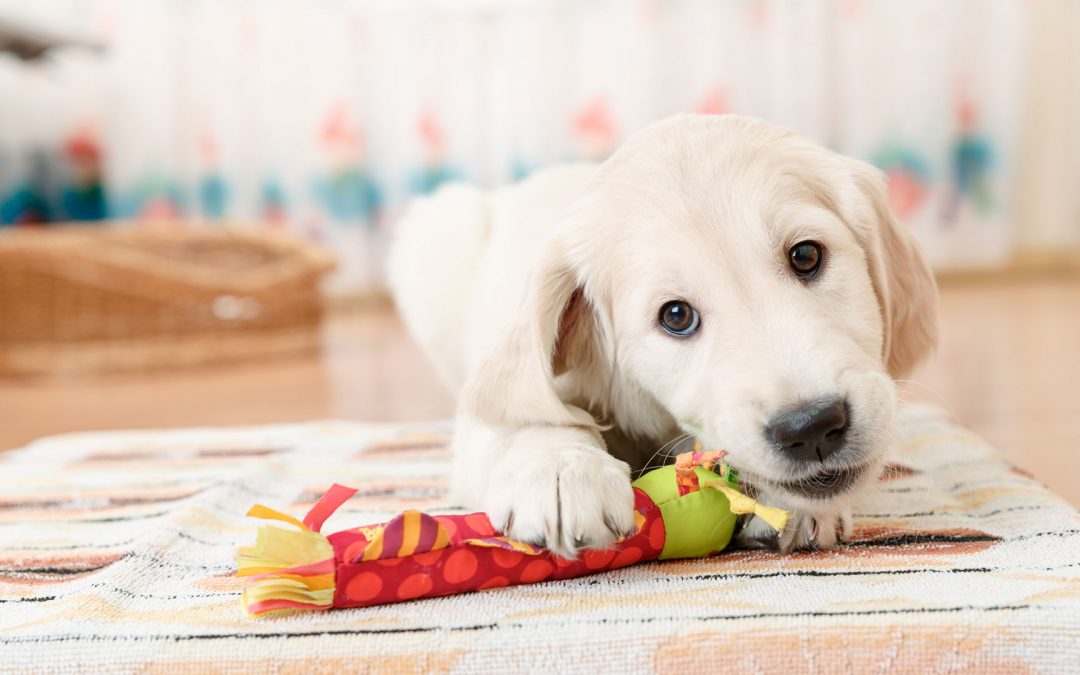
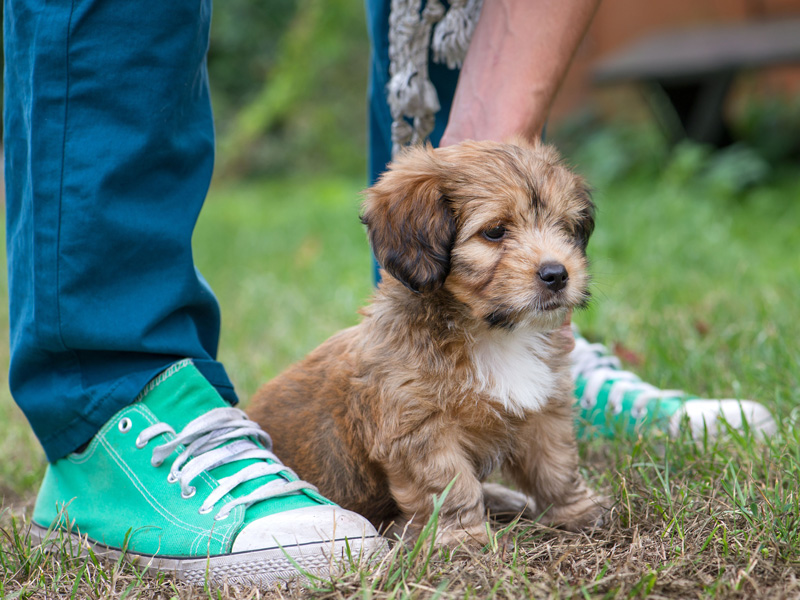
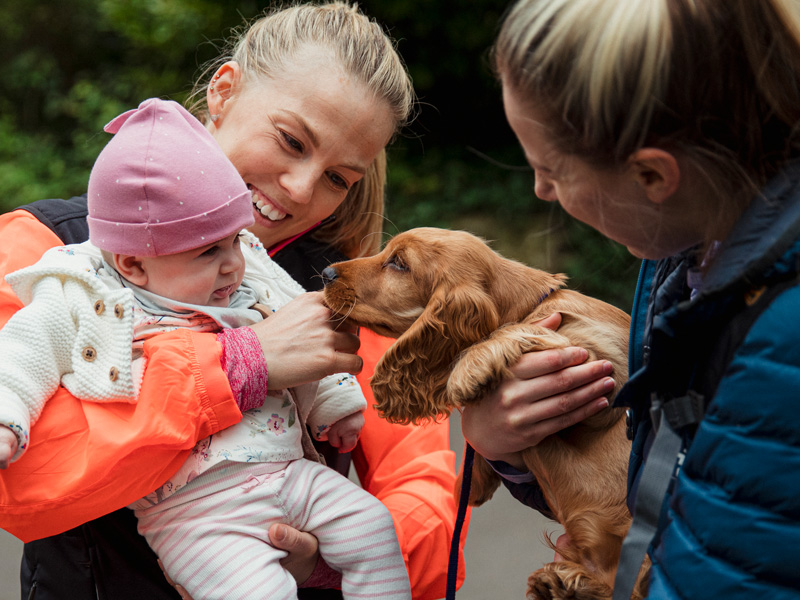
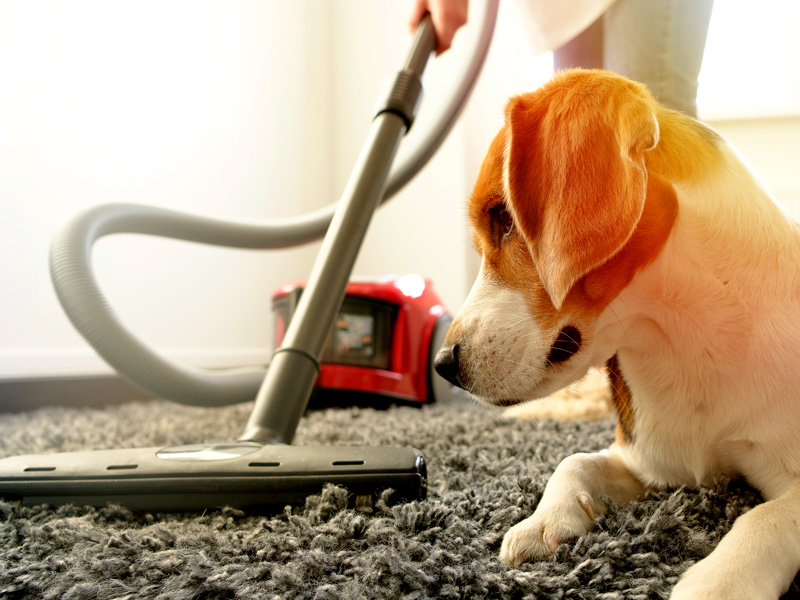
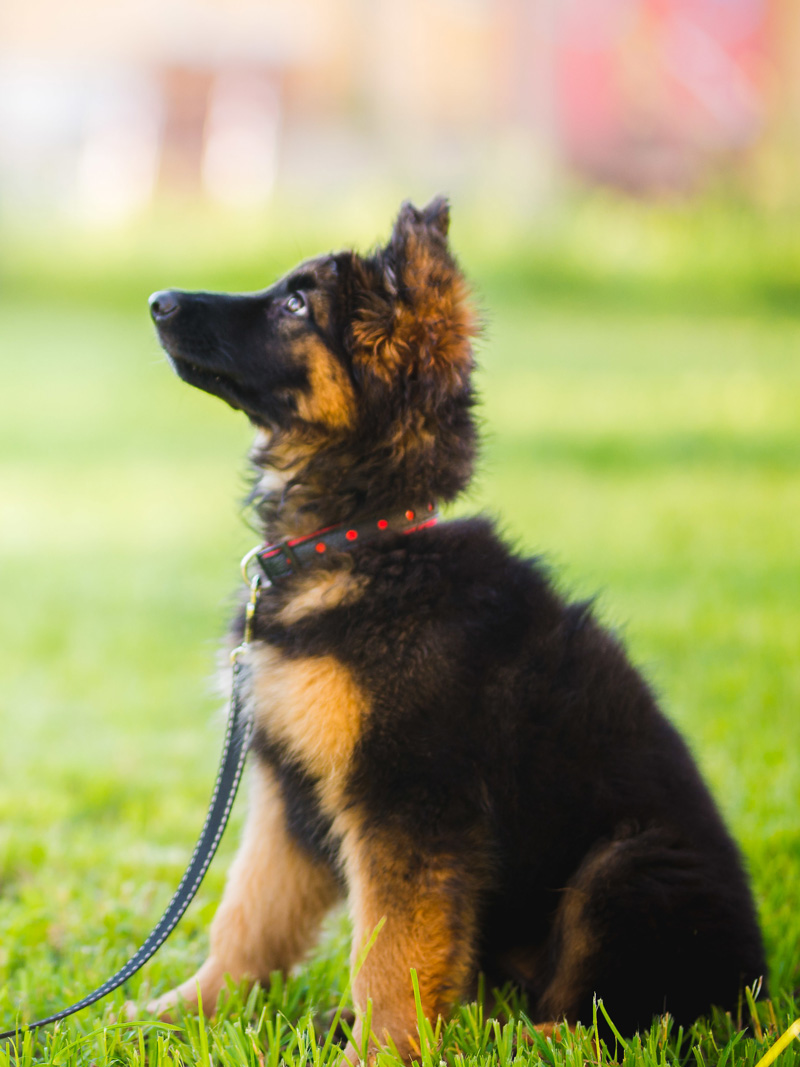
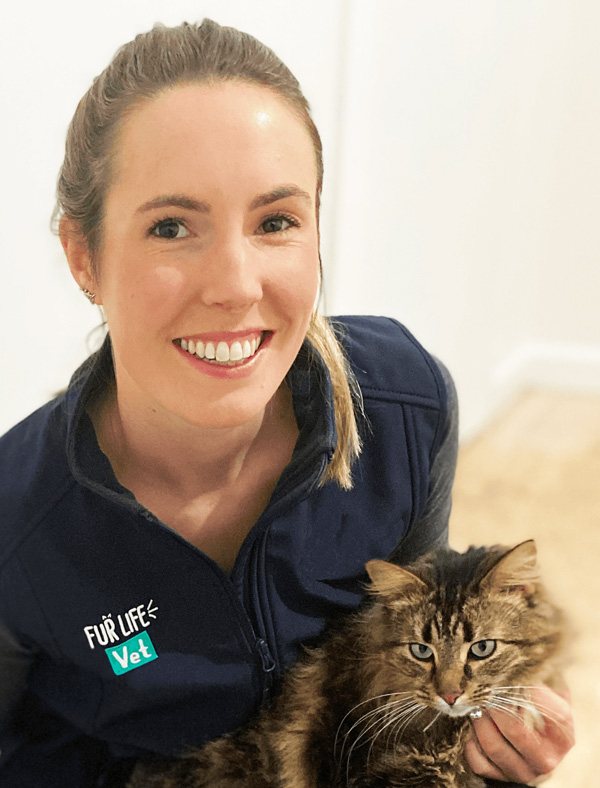
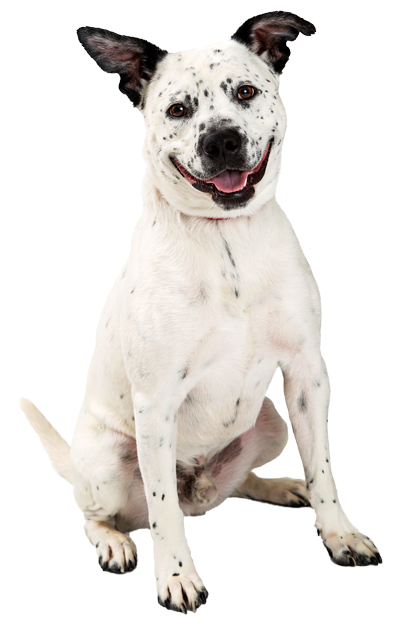
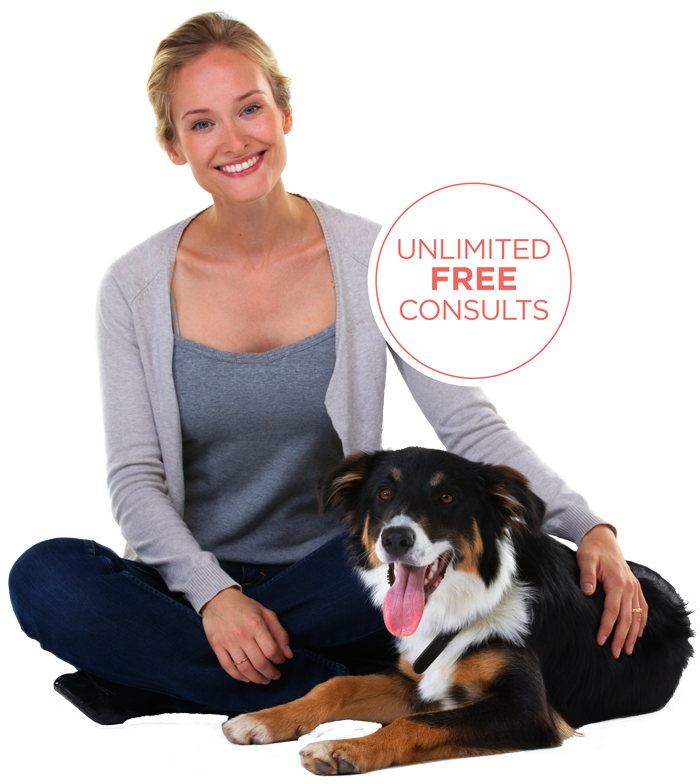
Recent Comments